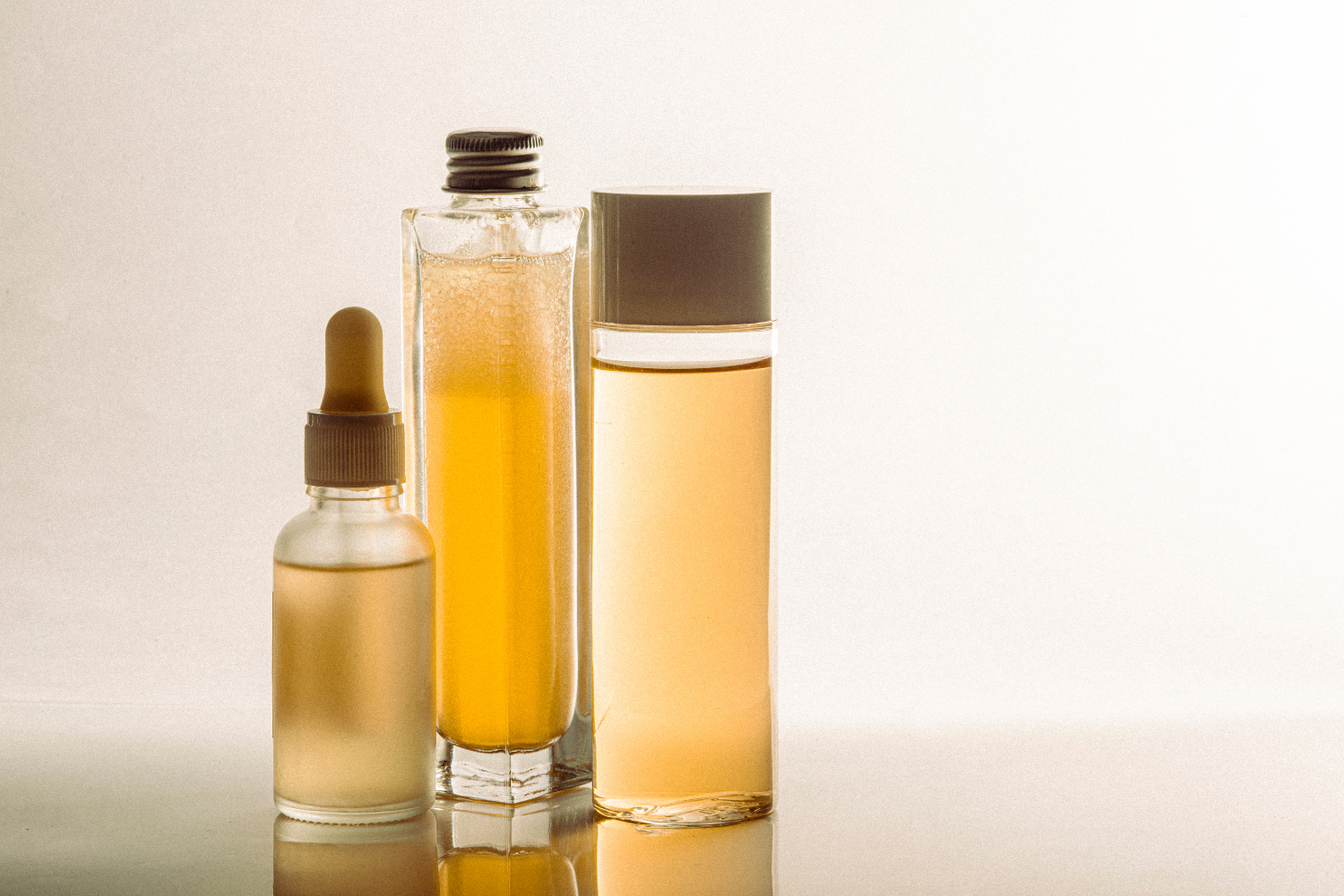Private labels are products manufactured by a third party and sold under a retailer’s or business’s own brand name. In the health and wellness industry, private labeling has become a powerful business model for companies looking to create their own private label products without the complexities of in-house production.
This approach allows businesses to develop a private label brand that aligns with their target market and brand identity while leveraging third-party manufacturers for product quality and cost savings. From store brands to online marketplaces, private labeling helps businesses attract customers, expand their product offerings, and compete with established brands while maintaining lower consumer prices and higher profit margins.
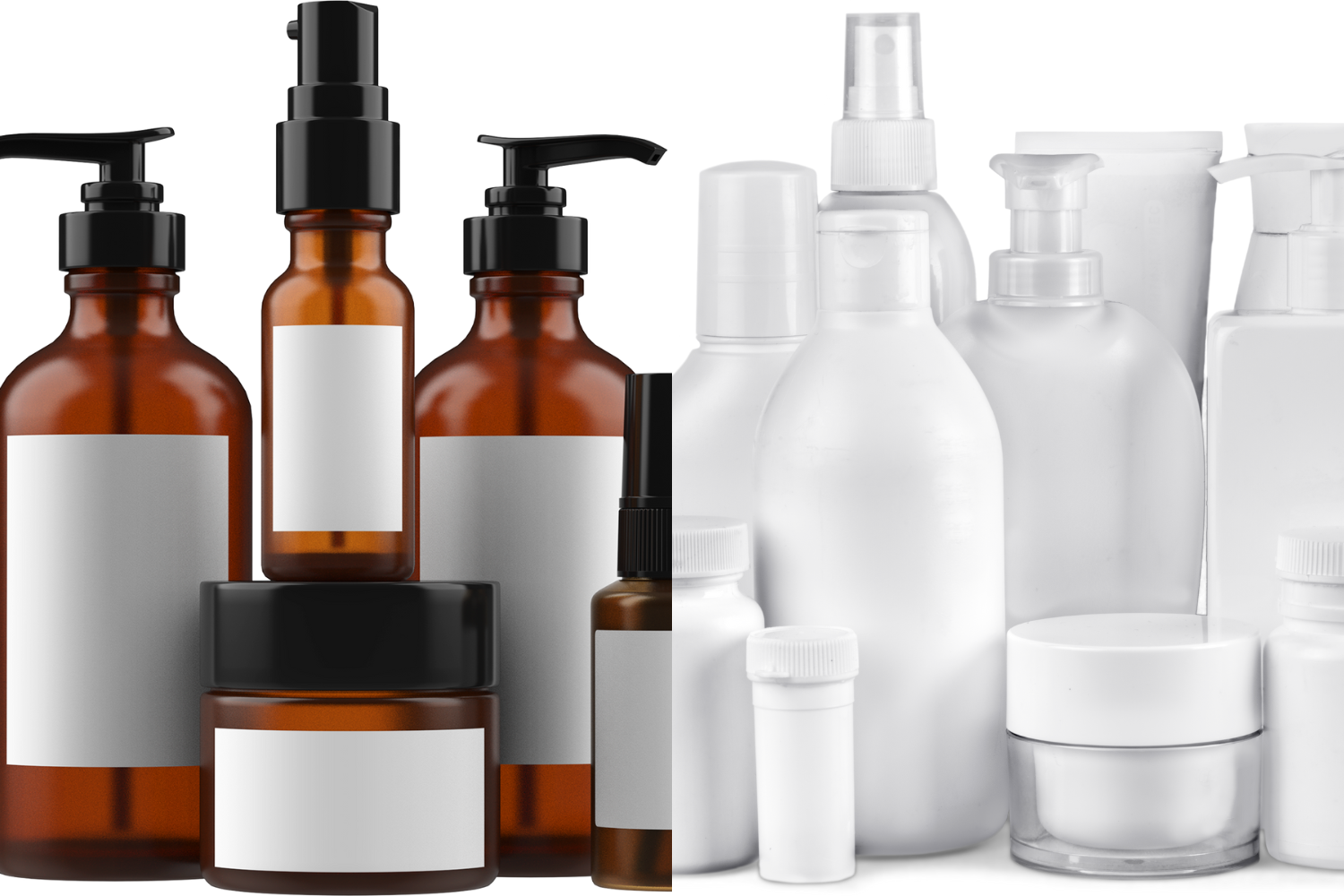
Table of Contents
ToggleThe Basics of Private Labeling
Private labeling refers to a business model in which a product is manufactured by a third party but sold under a retailer’s or business’s brand name. This allows businesses to create private label brands without needing to invest in production facilities or raw materials.
Companies work with reliable private label manufacturers to produce goods that are customized with unique branding, packaging, and specifications to match their target market. These private label products are then sold exclusively under the business’s own brand, offering flexibility and control over product quality, design, and pricing strategies.

How Do Private Labels Work in the Health and Wellness Industry?
Private labeling in the health and wellness industry allows businesses to sell products like supplements, skincare, and nutrition goods under their own brand identity without manufacturing them. This process typically involves selecting a third-party manufacturer, choosing formulations, and designing custom packaging to reflect the brand’s values and appeal to target customers.
- A supplement company may partner with a private label manufacturer to create vitamins or protein powders with their own brand name.
- Skincare brands can sell private label products like creams and serums with custom formulations and packaging.
- Nutrition businesses can launch white label products, such as meal replacement shakes, that align with their marketing strategy.
- Coffee brands can offer private label coffee blends tailored to specific consumer preferences.
From selecting product categories to creating a cohesive brand identity, private labeling helps businesses streamline production and attract customers.
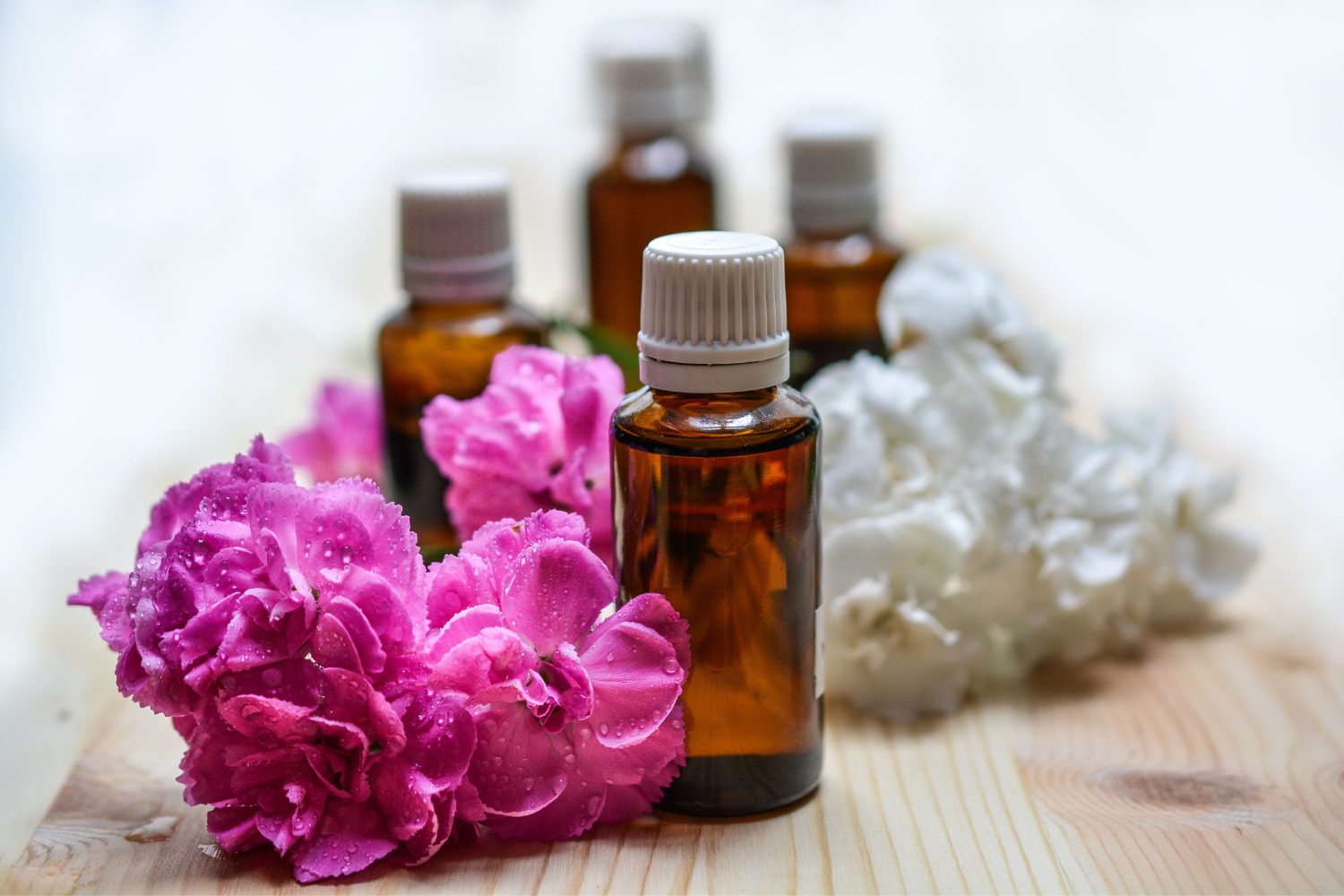
What Types of Products Can Be Private Labeled?
The health and wellness niche offers a broad range of product categories for private labeling. Businesses can choose from an array of options to create their own private label line, offering products tailored to their audience.
- Supplements: Vitamins, minerals, and herbal remedies.
- Skincare Products: Moisturizers, serums, and cleansers.
- Nutrition Goods: Protein powders, meal replacements, and superfood blends.
- Essential Oils: Aromatherapy products in customized packaging.
- Fitness Accessories: Branded yoga mats, resistance bands, or water bottles.
Private labeling provides flexibility in selecting formulations, packaging, and branding, enabling businesses to offer high-quality products at competitive prices.
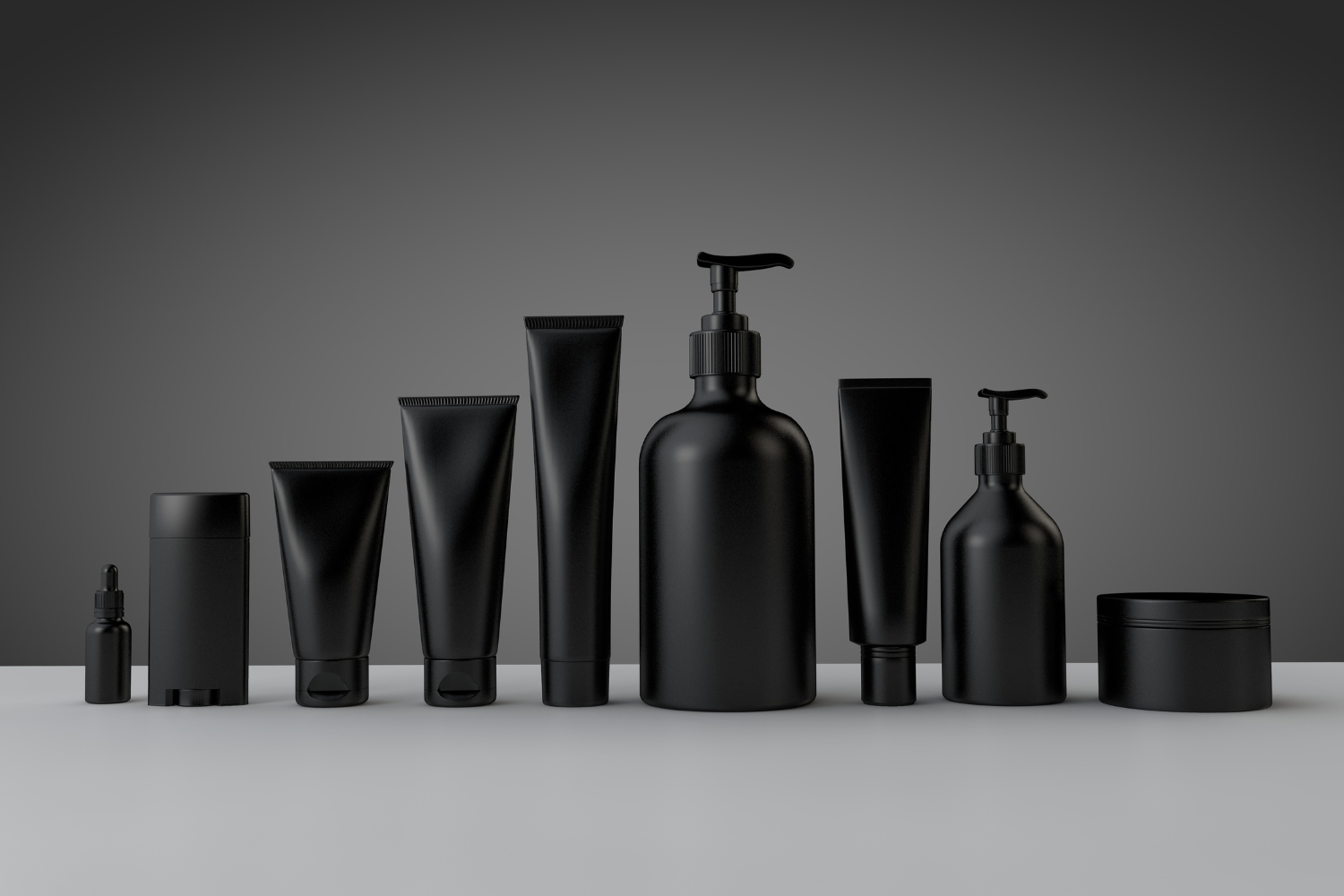
Advantages of Private Labeling for Your Business
Private labeling offers numerous advantages for small businesses and influencers looking to establish a presence in the health and wellness market. This approach simplifies product creation while providing more control over branding and marketing strategy.
- Quick Product Launches: Avoid the lengthy development process by using existing formulations.
- Lower Production Costs: Collaborate with third-party manufacturers to reduce manufacturing costs.
- Enhanced Brand Identity: Develop a stronger brand identity through customized packaging and branding.
- Higher Profit Margins: Sell private label products at competitive prices while maintaining strong margins.
- Access to Multiple Retailers: Offer private labels to other retailers or sell exclusively under your store brand.
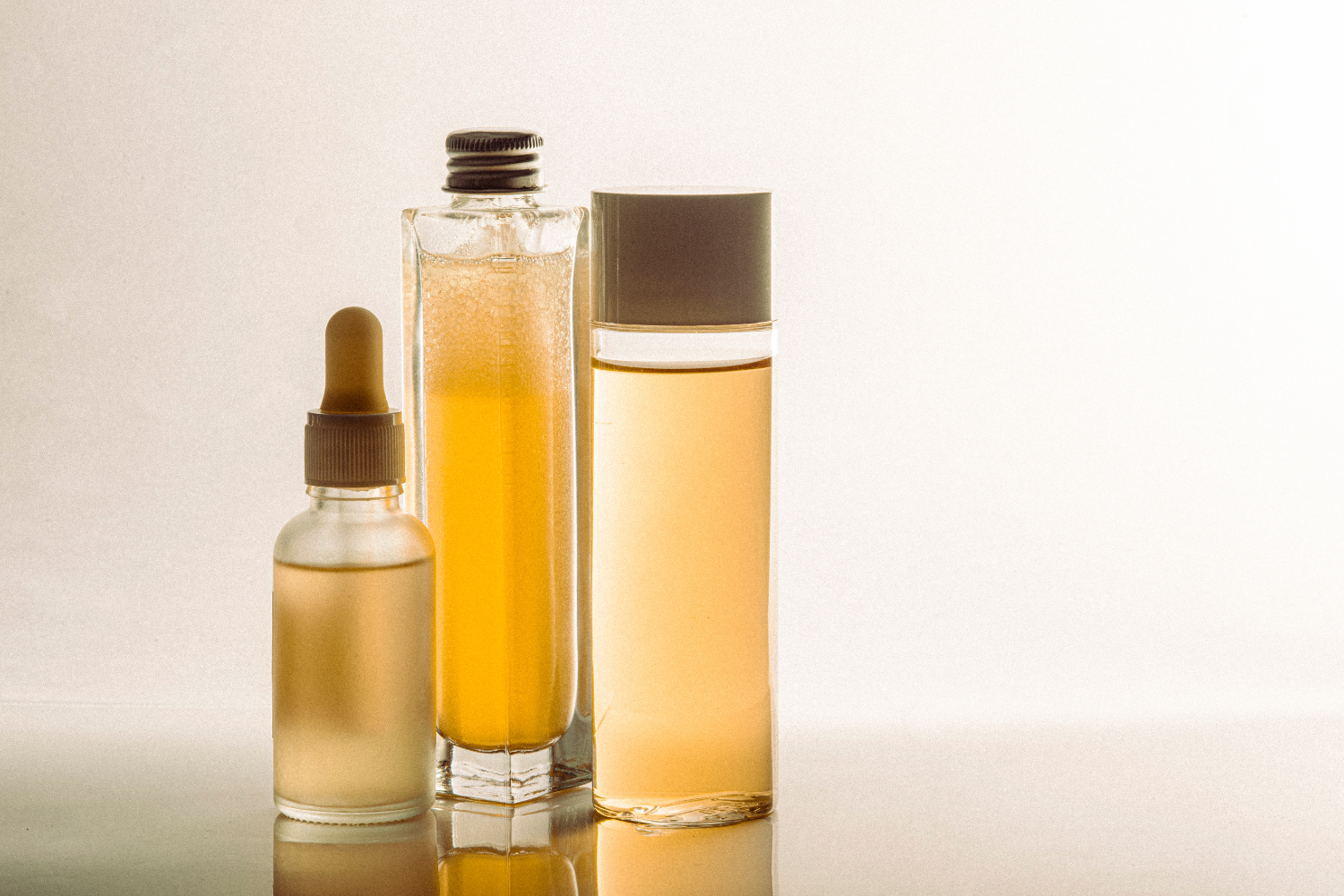
Cost-Effective Way to Expand Your Product Line
Private labeling reduces the need for businesses to invest in costly research, raw materials, and equipment to develop a product from scratch. Instead, companies can collaborate with white label manufacturers to create their own products using proven formulations. This saves on manufacturing costs while allowing them to offer high-quality private label goods tailored to the target market.
This business model is particularly cost-effective for entering new markets. Companies can test private label offerings with minimal upfront investment and adapt their product line based on consumer demand, ensuring a competitive price difference without sacrificing quality standards.
Faster Time to Market
Private labeling allows businesses to bring products to market quickly by leveraging the expertise and resources of established private label manufacturers.
- Supplements: Launch vitamins or protein powders in 8–16 weeks, depending on formulation complexity and regulatory requirements.
- Skincare: Introduce serums or moisturizers with ready-made formulations in 6–8 weeks.
- Nutrition Products: Bring protein bars or meal replacements to shelves in 8–10 weeks.
- Essential Oils: Roll out aromatherapy blends in as little as 4–6 weeks.
This streamlined process enables businesses to reduce time-to-market, attract customers sooner, and meet consumer demand efficiently.
The Private Labeling Process: How to Get Started
Starting a private label business involves finding the right manufacturer, customizing your products, and meeting regulatory standards. This streamlined process ensures your private label line reflects your brand identity and appeals to your target market.
Finding the Right Manufacturer for Your Private Label Products
Choosing a reliable private label manufacturer is critical to the success of your private label business. Researching and comparing options ensures you work with a partner who can meet your needs.
Key questions to ask manufacturers include:
- What quality control measures and certifications do you have in place?
- What are the minimum order quantities (MOQs) for private label products?
- Can you accommodate custom formulations and packaging designs?
- Do you have experience producing products in my target market category?
- What are the lead times for production and delivery?
Customizing Your Private Label Products
Private labeling offers extensive customization options, allowing businesses to create unique products that align with their brand identity. Customization typically includes choosing product formulations, scents, or flavors, selecting packaging materials and sizes, and designing labels that resonate with your target customers.
Design plays a crucial role in making private label products stand out. Elements such as your logo, color palette, and font choice should reflect your brand values and attract customers. Collaborating with experienced designers or using manufacturer-provided templates ensures your products look professional and cohesive.
Navigating Labeling and Regulatory Requirements
Private label products must comply with legal and regulatory standards, particularly in the health and wellness sector. Labeling requirements vary depending on the product type but often include ingredient lists, allergen warnings, and manufacturer details.
Labels for supplements and nutrition products must meet FDA guidelines, which require truthful and substantiated claims about product benefits. Maintaining strict quality standards and accurate labeling protects your business from legal issues and builds consumer trust.
Private Label vs. White Label: What’s the Difference?
Private labeling and white labeling are often confused, but they differ in critical ways. Private labeling offers more customization, allowing businesses to create a product line that reflects their unique brand identity. White labeling, on the other hand, involves generic products sold by multiple brands with little to no customization.
| Feature | Private Label | White Label | |
| Customization | High–unique formulations and packaging | Low – generic products and design | |
| Branding | Stronger brand identity | Limited branding options | |
| Exclusivity | Sold exclusively by one company | Sold by multiple retailers | |
| Cost | Higher initial investment | Lower upfront costs |

Which Option Is Better for Your Business?
Choosing between private labeling and white labeling depends on your goals and resources. Private labeling is ideal for businesses that prioritize brand identity, want exclusive products, and can invest in customization. White labeling works well for companies seeking a quick and affordable way to expand their product offerings without heavy branding demands. When deciding, consider your target customers, budget, and long-term strategy.
Common Questions About Private Labeling
How Much Does It Cost to Start Private Labeling?
Starting a private label business typically requires an initial investment in design, packaging, and minimum order quantities (MOQs). Costs vary based on product type and manufacturer, with most businesses initially spending between $2,000 and $10,000. Supplements or skincare products with custom formulations may require higher budgets, while simpler products like essential oils often cost less. Collaborating with third-party manufacturers helps manage costs effectively.
Can Small Businesses Afford Private Labeling?
Private labeling is a scalable option that suits businesses of all sizes. Small businesses can start with lower MOQs and expand as demand grows. Managing costs is easier when you work with manufacturers who offer flexible pricing or smaller batch production. To minimize expenses, focus on a niche product category and build gradually.
How Long Does It Take to Launch a Private Label Product?
Launching a private label product typically takes 6–12 weeks, depending on the complexity of the product and manufacturer timelines. Supplements and skincare products may require 8–12 weeks for formulation and packaging design, while simpler items like essential oils can be ready in 4–6 weeks. Working with experienced manufacturers and using existing formulations helps expedite the process, ensuring a faster time to market.

Steps to Launching Your Own Private Label Product
Launching a private label product involves a structured approach, from market research to product testing and marketing. Following these steps ensures your private label brand is ready to compete effectively.
Research Your Market and Choose a Niche
Understanding your market is the foundation of a successful private label business. Identify your target audience’s needs, preferences, and purchasing habits to select a niche that aligns with their expectations.
For example, focusing on organic skincare, plant-based supplements, or protein powders tailored for athletes can help you attract a specific customer base. Choosing a niche with strong demand and fewer competitors allows you to create products that stand out in the health and wellness industry.
Find and Vet a Manufacturer
Finding a reliable private label manufacturer is critical for producing high-quality products. Work with manufacturers specializing in your chosen product category and have the certifications to ensure compliance and safety.
Steps to find and vet a manufacturer:
- Research private label manufacturers that align with your product category.
- Check certifications like GMP (Good Manufacturing Practices), NSF, or FDA compliance.
- Request product samples to evaluate quality and customization options.
- Ask for references from other businesses they’ve worked with.
- Confirm MOQs and assess whether they match your business’s scale.
Design Your Brand and Packaging
Creating a compelling brand identity and attractive packaging is essential for success in the competitive health and wellness market. Focus on designs that resonate with your audience and reflect your niche.
Tips for designing your brand and packaging:
- Develop a logo and color scheme that reflects your brand identity.
- Use eco-friendly or high-quality packaging materials to attract environmentally conscious consumers.
- Include clear and engaging product labels with crucial details like ingredients and benefits.
- Ensure your packaging stands out on shelves or catches attention online.
Ensure Compliance and Test the Product
Testing your private label product is a crucial step to ensuring quality, safety, and regulatory compliance. This will protect your customers and build trust in your brand.
Work with third-party testing labs to verify product safety and compliance, especially for supplements or skincare items. Conduct stability and allergen testing to meet applicable quality and safety standards. Before launching your product line, it is also essential to ensure compliance with industry regulations, such as FDA guidelines for supplements.
Plan Your Marketing Strategy
A strong marketing strategy is vital to launching and promoting your private label products successfully. Leverage multiple channels to build awareness and drive sales.
Tips for a winning marketing strategy:
- Use social media platforms to showcase your products and engage with your target customers.
- Partner with influencers to promote your private label offerings.
- Optimize your website and product listings with SEO to rank higher in search results.
- Run promotional campaigns, including discounts or bundle offers, to attract customers.
- Invest in professional product photography to enhance your online presence.
Why Private Labeling Is a Smart Move for Your Business
Private labeling offers health and wellness influencers and small businesses a practical way to expand their product offerings and build a unique brand identity. From selecting a niche to customizing products, this model allows businesses to stand out while saving on production costs. Researching manufacturers and creating a clear plan can help you take the first step toward launching your own private label product and growing your brand.
Frequently Asked Questions
Can I Private Label a Product That’s Already on the Market?
Yes, private labeling lets businesses customize and sell existing products under their own brand name.
How Many Units Do I Need to Order to Start a Private Label Product?
Typical minimum order quantities (MOQs) vary by manufacturer and product type, ranging from 100 to 1,000 units.
Is Private Labeling Only for Large Businesses?
No, private labeling is accessible for businesses of all sizes, including small businesses looking to scale efficiently.
What’s the Difference Between Private Label and White Label Products?
Private label products are customized and sold exclusively by one brand, while white label products are generic and sold by multiple companies.
How Long Does It Take to Launch a Private Label Product?
Launching a private label product can take 6–12 weeks, depending on product complexity and manufacturer timelines.
References
- U.S. Federal Trade Commission. (n.d.). Advertising and Marketing. https://www.ftc.gov/business-guidance/advertising-marketing
- U.S. Food and Drug Administration. (2023). Aromatherapy | FDA. https://www.fda.gov/cosmetics/cosmetic-products/aromatherapy
- U.S. Food and Drug Administration. (2022). Cosmetics Labeling Regulations | FDA. https://www.fda.gov/cosmetics/cosmetics-labeling/cosmetics-labeling-regulations
- U.S. Food and Drug Administration. (2024). Current Good Manufacturing Practices (CGMPs) for Food and Dietary Supplements. https://www.fda.gov/food/guidance-regulation-food-and-dietary-supplements/current-good-manufacturing-practices-cgmps-food-and-dietary-supplements
- U.S. Food and Drug Administration. (2005). Dietary Supplement Labeling Guide. https://www.fda.gov/food/dietary-supplements-guidance-documents-regulatory-information/dietary-supplement-labeling-guide
- U.S. Food and Drug Administration. (2018). Guidance for Industry: Food Labeling Guide. https://www.fda.gov/regulatory-information/search-fda-guidance-documents/guidance-industry-food-labeling-guide
- U.S. Food and Drug Administration. (2018). Guidance for Industry: Substantiation for Dietary Supplement Claims Made Under Section 403(r) (6) of the Federal Food, Drug, and Cosmetic Act. https://www.fda.gov/regulatory-information/search-fda-guidance-documents/guidance-industry-substantiation-dietary-supplement-claims-made-under-section-403r-6-federal-food

